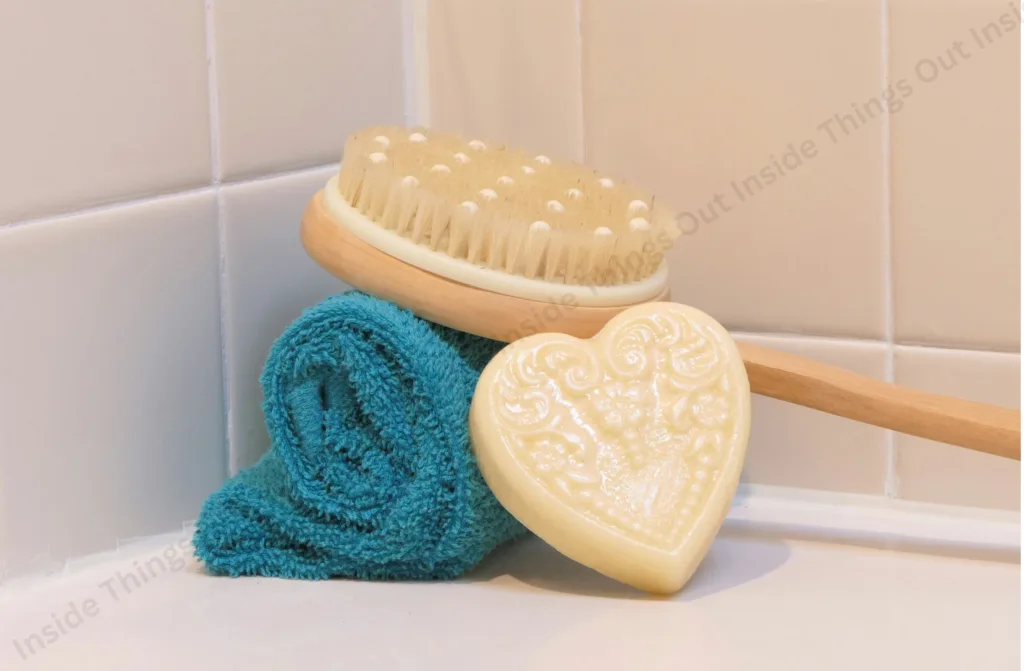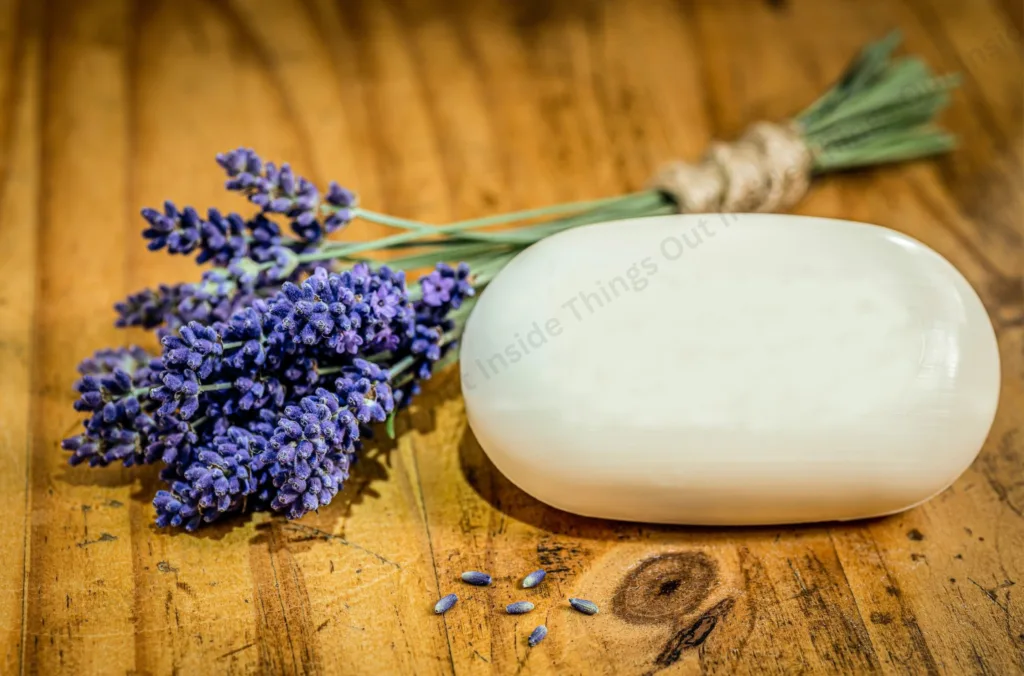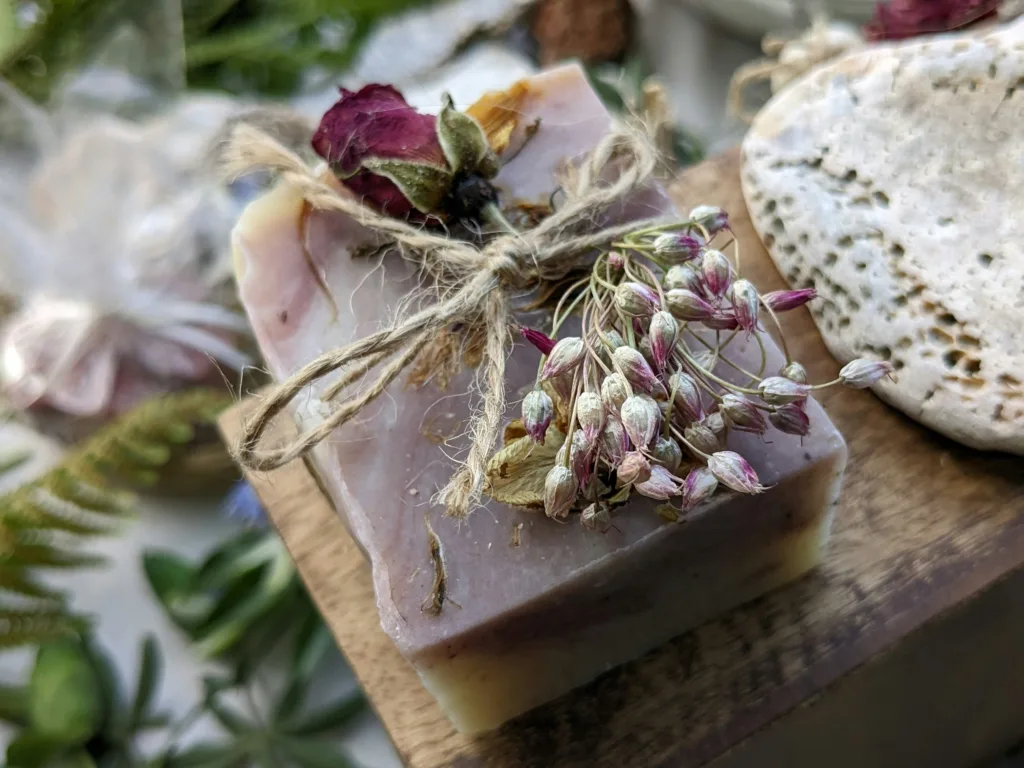More than 4,000 years ago, people in Babylon started using soap for cleanliness. The Egyptians, Greeks and Romans were among the first to form soaps using fats and oils. In the Middle Ages, people in Europe became experts in making soap which is why Marseille’s olive oil-soaps were famous during that time. As more products were produced during the 19th century, soaps became more available and a range of soaps for sensitive skin was made. Nowadays, there are numerous skin soaps, every one made for a particular purpose or skin type.

Here are some examples of major types and how they are generally used.
1) Bathing Soap
- Soap for regular cleaning of dirt, sweat and other impurities.
- It is recommended for people with normal skin. Some people might not be a good fit for dry or sensitive skin and should always be moisturized.
2) Beauty Soap
- This type usually has added scents, moisturizers and substances to brighten your skin. Support skin to look smoother, softer and healthier.
- Recommended to those with regular to dry skin. It is not advised for those with sensitive or acne-prone skin since it includes extra chemicals and perfumes.
3) Medicated Soap
- It has ingredients like triclosan or neem that work against infections caused by bacteria and fungi. Know to be used for treating acne, various skin infections, fungal diseases or body odor.
- These products are ideal for those with acne, oily skin or infected areas. Because it can be drying, it should only be used on dry skin by recommendation of a medical professional.
4) Transparent (Glycerin) Soap
- Soap made with Glycerine.
- There is a high concentration of glycerin which helps skin attract water. This cream is especially soft on the skin and leaves it hydrated.
- This product is ideal for those with dry, sensitive or baby skin. It also works great when the weather is cold.
5) Herbal/Organic Soap
- Formulated from natural things such as aloe vera, tulsi, neem, sandalwood or essential oils. Don’t include nearby any dangerous chemicals or artificial colors.
- This product is made for anyone, from sensitive and allergic skin to normal skin. Certain products made from neem are suitable for people experiencing acne-prone skin.
6) Moisturizing Soap
- This type of cream contains oils, butter and glycerin which keep your skin soft and hydrated.
- This product can be used if your skin feels dry, flaky or seems more mature. These plants work well in winter or in dry climates.
7) Antibacterial Soap
- Being a disinfectant, it stops germs and bacteria from growing on the skin. Cuts down on body odor and bacteria that causes acne.
- It’s made for oily, acne-prone or sweaty types of skin. Dry or sensitive skin might suffer from regular use of this product.
8) Exfoliating Soap
- It contains particle materials such as walnut shell powder, oatmeal or apricot granules, that aid in taking away dead skin cells.
- It is recommended for people with ordinary, oily or rough skin types. Should be applied once or twice per week, with caution for those having sensitive skin.
9) Castile Soap
- Soaps with olive oil can be called Pure plant oils. Gentle, without chemicals and can be used for many things. People use Fair Trade soap as face wash, body cleanser or to care for their babies.
- It works best for skin that is sensitive, newborn or allergy-prone. Anyone can use this product since it is very gentle.

Over the years, soap transformed from being only bars for cleansing to new products made for different types of skin. No matter if you prefer regular bathing, moisturizing dry skin, treating acne or sticking with natural ingredients — there are soaps for all kinds of people. Identifying the goal and proper use of each product can assist you in selecting something that helps and protects your skin.
Feel free to drop your questions or comments below — I’d be happy to help!
Thanks for reading!

